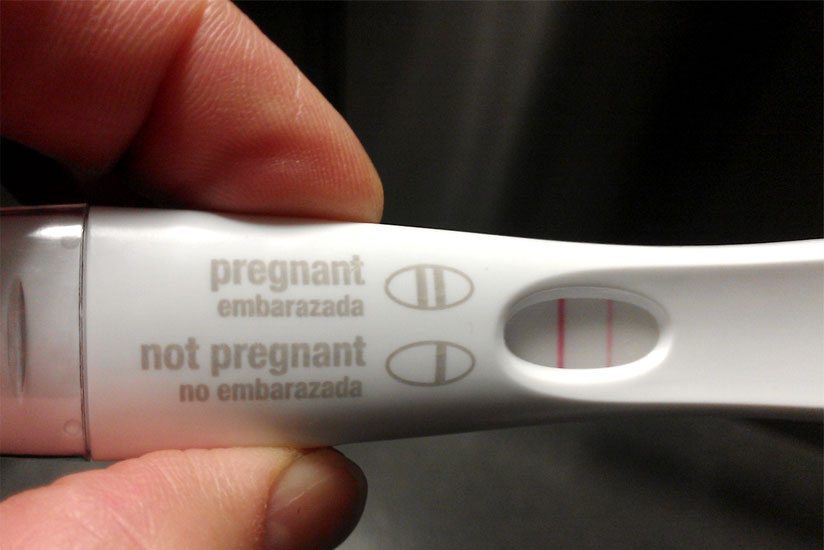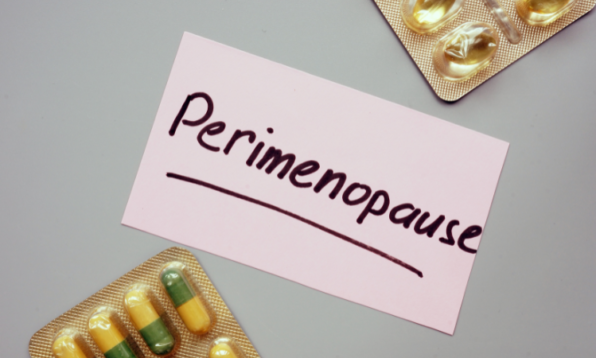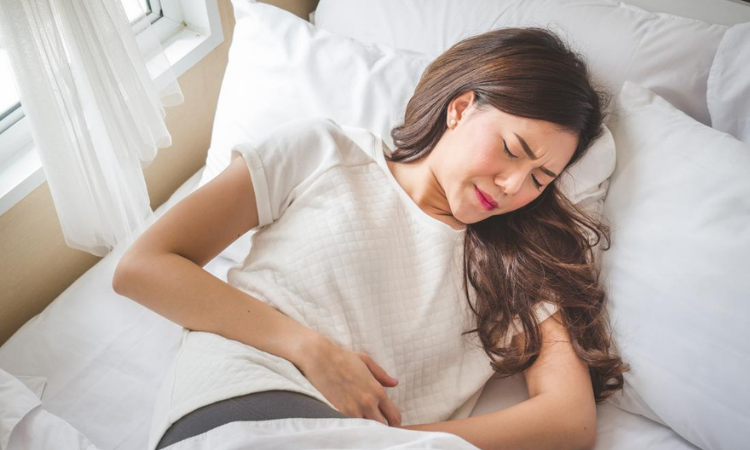You’ve probably been warned that your biological clock is ticking since the time you graduated college. For those of you who want to become pregnant sometime in the future, oocyte cryopreservation, or egg freezing, is a viable option. Egg freezing has been a major topic of conversation and debate over the past few years, with more and more women delaying pregnancy well into their 30s and 40s. If you’re thinking about freezing your eggs, check out a few facts that you must consider before putting your eggs on ice.
1. What does ‘freezing your eggs’ mean?
It is the process of stimulating the ovaries with hormones to produce eggs and then retrieving those eggs and cooling them to subzero temperatures so they can be thawed and used later.
2. Why should I freeze my eggs?
There are a number of reasons. Some women freeze their eggs as a security net when they are not ready to start a family immediately but want to have the option of getting pregnant later in life. It is also beneficial for women who are dealing with a medical issue like cancer, diseases of the reproductive organs, including endometriosis, which can damage those organs with scarring or have a history of early menopause in the family. They can freeze their eggs before undergoing surgery or radiation.

3. What exactly does the procedure entail?
The process will require some work. The first month requires blood tests and ultrasounds to see if you are a good candidate to freeze your eggs. During the second month, you will need to take medicines for two weeks, prior to your egg retrieval procedure while the growth of the eggs is monitored. Around the time you would normally ovulate, you will have your egg harvest procedure. During the egg retrieval, you will be placed under light sedation and may feel a bit of cramping and bloating afterwards. The goal is to freeze somewhere around 15 eggs to optimize the chance of success later.
4. What are the chances of a successful pregnancy?
The eggs must survive the thawing, fertilizing and implantation to result in a baby. Along the way, any of these steps may not happen or may result in a failure. According to the American Society of Reproductive Medicine, the chance that a single frozen egg will result in birth is between 2-12%.

5. What is the correct age to go for this procedure?
The younger you are when you freeze your eggs, the better your odds of getting pregnant. Egg freezing typically works best for women in their 20s and 30s and is not recommended for women over 38.
6. Is there some other reason why I must consider it?
Many medical professionals are confident that freezing eggs can psychologically benefit women and help them in feeling empowered. The results of various studies show that women who freeze their eggs feel tremendous relief from societal pressures and have peace of mind.













